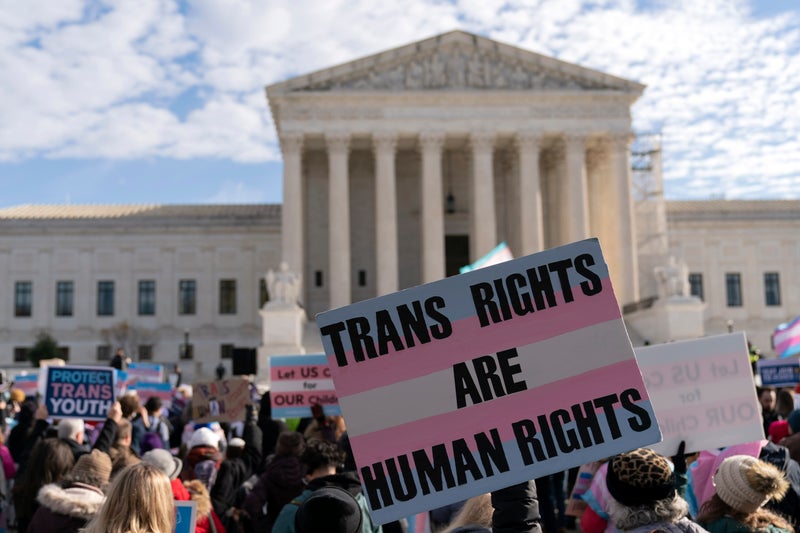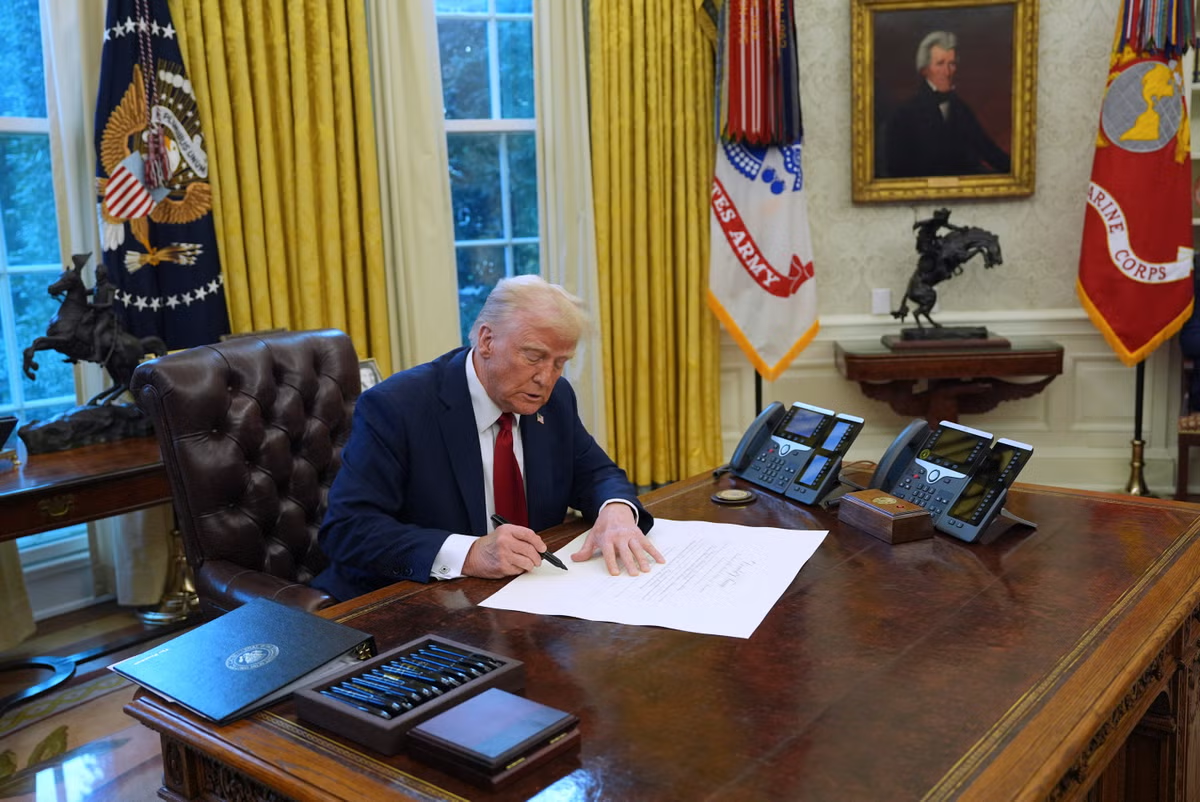Trump can’t move trans women to men’s prisons or deny gender-affirming care, judge rules
Trump can’t move trans women to men’s prisons or deny gender-affirming care, judge rules
Share:
Federal judge temporarily blocks Trump’s sweeping order as a likely violation of Eighth Amendment protections against cruel and unusual punishment. Trump’s order “prohibits prison medical providers from treating transgender patients’ gender dysphoria on an individual basis, according to independent medical judgment,” serving as a “blanket ban that “will deprive Plaintiffs of essential treatment, putting them at high risk of serious harm,” according to the complaint.
The three trans women at the center of the case in Lambreth’s court feared the loss of their healthcare and a heightened risk of sexual abuse and violence if they were moved to men’s facilities. Lawyers with Trump’s Department of Justice argued in court filings that it was still too soon for a judge to weigh in because the women had not yet been transferred, and that the administration had not issued a “yet-to-be formulated policy” on medical care for incarcerated trans people.
The judge argued that Trump’s executive order was clear enough; the language “plainly requires the [Bureau of Prisons] to perform the allegedly unlawful facility transfer and to withhold the prescribed hormone therapy drugs.”. “With respect to the transfer provision, the plaintiffs cited various government reports and regulations recognizing that transgender persons are at a significantly elevated risk of physical and sexual violence relative to other inmates when housed in a facility corresponding to their biological sex – which the defendants do not dispute,” he wrote.
Lamberth’s order only applies to provisions in the order concerning the housing of trans inmates and a clause that prohibits federal funds for “any medical procedure, treatment, or drug for the purpose of conforming an inmate’s appearance to that of the opposite sex.”. Of those inmates, 1,506 are trans women, and 724 are trans men, according to the Justice Department. A lack of gender-accurate housing, compounded by difficulties accessing gender-affirming care, have subjected trans inmates to extreme abuse, The Independent previously reported. Incarcerated trans people are 10 times more likely to report being sexually victimized as other prisoners, according to federal data.



















